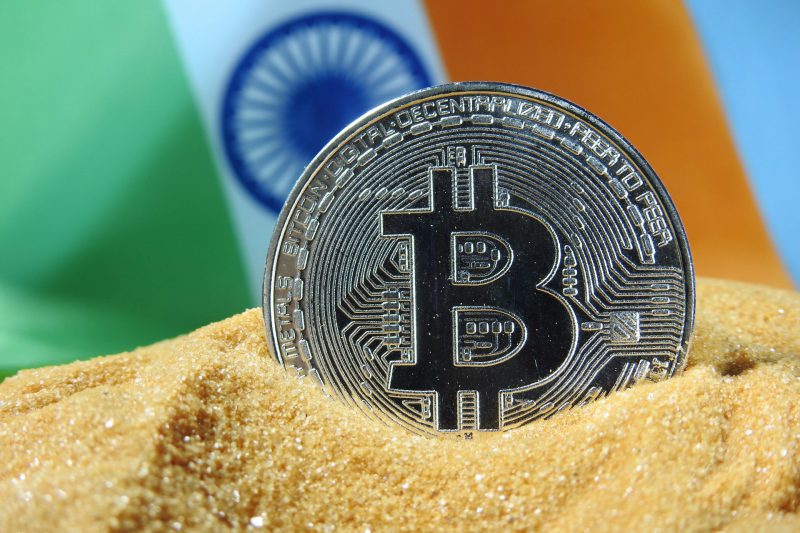India and its group of crypto investors are finally receiving regulation clarity on digital assets. According to reports, the union government is planning to rename cryptocurrency as ‘crypto assets. The legislation is not looking to ban cryptocurrencies in the country. The Securities and Exchange Board of India will regulate the new asset class and all Indian crypto exchanges will come under its purview.
India will not recognize crypto as legal tender
According to a cabinet note reported by NDTV, Bitcoin and other crypto-assets will not be recognized as currencies for payments in India. The Indian government is working on its own CBDC or central bank digital currency. For instance, the national state CBDC will be governed and monitored by the Reserve Bank of India.
In addition to that, current investors will need to declare their crypto assets and store them on Indian exchanges. Investors have to avoid storing their digital assets on foreign exchanges and private wallets. Similarly, after the bill becomes legal, investors have to transfer their holdings within a given period of time. Failing to do so could result in penalties within the range of $600,000 to $2.6 million.
Moreover, India is making plans to amend its PMLA to make provisions for digital asset activities. The current development is a huge relief from initial expectations. Earlier, rumors suggested the possibility of another crypto ban on the likes of Bitcoin and other digital assets. India is taking a completely different route in comparison to China. The Chinese government banned all digital asset activities earlier this year, including Bitcoin mining.
According to a recent report, India comprises the highest number of crypto owners in the world. The Asian subcontinent has 10 million crypto investors. In comparison, the United States had 2.74 million, followed by Russia at 1.74 million.
The interest in cryptocurrency increased after the Reserve Bank of India lifted the crypto ban in March 2020. Since then, the digital asset market grew multiple fold times and Indian investors piled into the industry.





